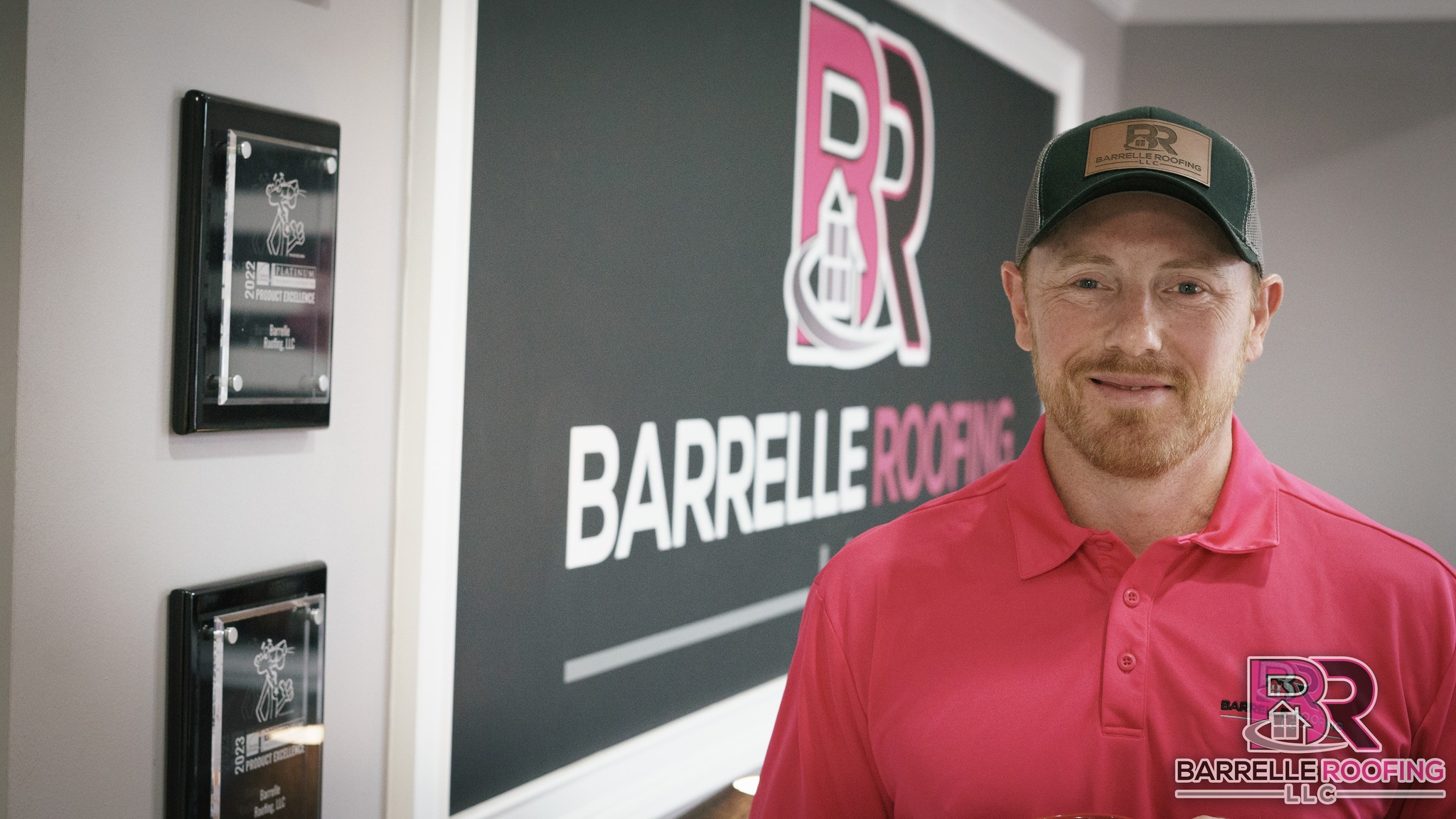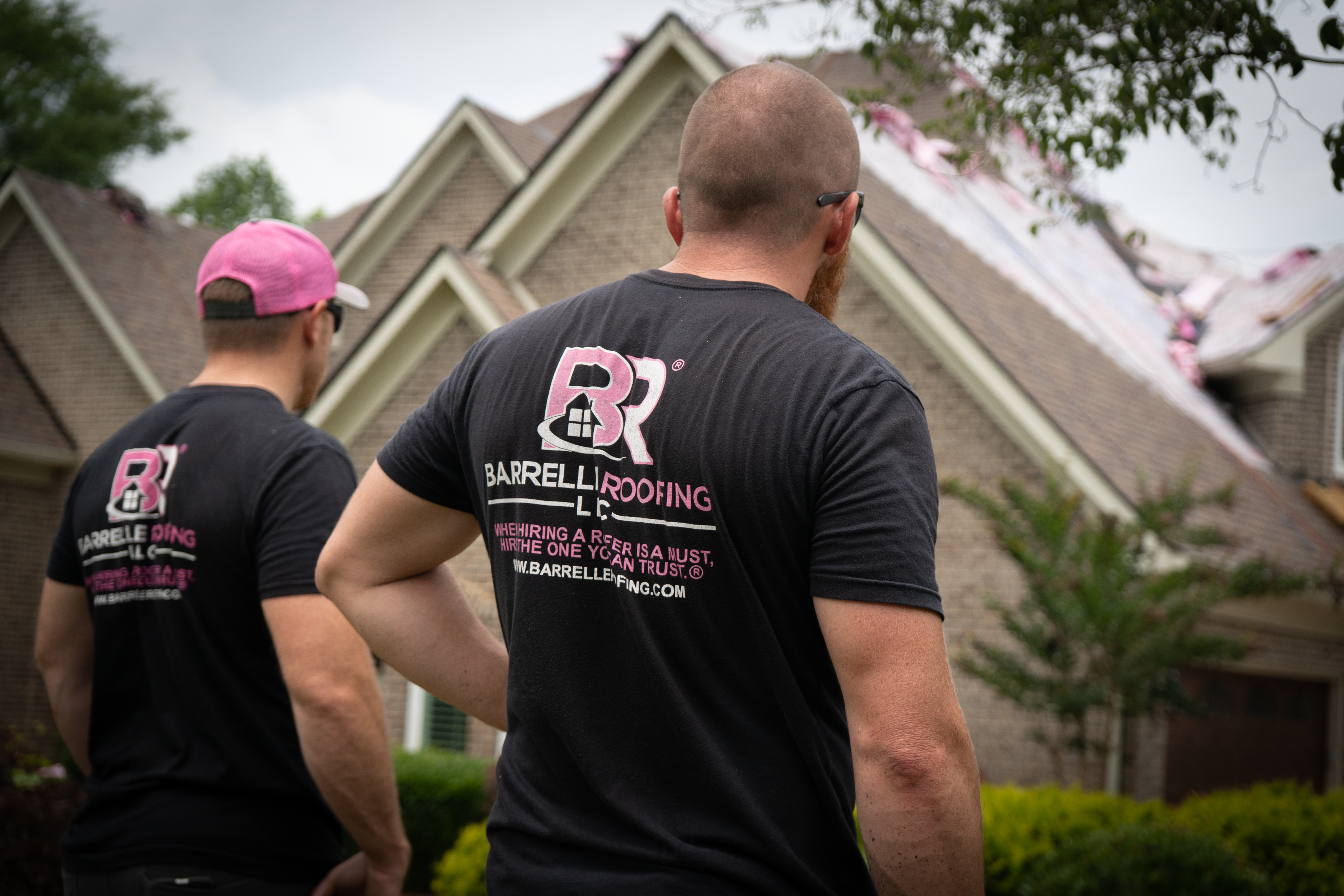
Barrelle Roofing
Roofing FAQ
Frequently Asked Roofing Questions
Here we answer some of your MOST asked questions about your roof and roofing contractors!
Question: What Kinds Of Warranties Does My New Roof Come With?
Here’s Your
Answer
Roofing FAQ
Understanding Roofing Warranties: What Every Homeowner Should Know
When investing in a new roof, you’re not just paying for shingles and installation — you’re paying for peace of mind. That peace of mind often comes in the form of a warranty. However, not all roofing warranties are created equal. Understanding the different types of warranties — labor, material, and manufacturer — can help you make a confident decision and protect your investment for years to come.
1. Labor Warranties
A labor warranty, sometimes called a workmanship warranty, is provided by the roofing contractor. This warranty covers the installation process itself — essentially guaranteeing that the work performed meets professional standards.
If your roof develops a leak or issue due to improper installation, a labor warranty ensures the contractor will return to fix the problem at no additional cost within the warranty period. Labor warranties can range anywhere from 1 year to 10 years, depending on the contractor and the scope of the project.
It’s important to note that labor warranties don’t typically cover damage caused by severe weather, falling debris, or improper maintenance. Their focus is strictly on workmanship errors. When reviewing your roofing contract, ask your contractor:
-
How long is your labor warranty?
-
What is and isn’t covered?
-
Is it transferable to a new homeowner if I sell my house?
2. Material Warranties
A material warranty is provided by the roofing manufacturer and covers defects in the roofing products themselves. For example, if shingles are found to be defective, curl prematurely, or lose granules well before their expected lifespan, the manufacturer may replace them at no cost.
Material warranties can range widely in length — some last 20 to 30 years, while higher-end products may offer lifetime coverage. However, “lifetime” in the roofing world often has specific conditions and limits, so always read the fine print.
Keep in mind that material warranties only apply if the problem is due to a manufacturing defect, not damage caused by installation errors, extreme weather, or neglect. This is why having both a solid labor warranty and a strong material warranty is crucial.
3. Manufacturer Warranties (Enhanced Coverage)
In addition to standard material warranties, many roofing manufacturers offer enhanced or extended manufacturer warranties. These go beyond product defects and can also cover labor costs for repairs or replacement — but there’s a catch.
To qualify for these enhanced warranties, the roof often must be installed by a certified contractor who has been trained and approved by the manufacturer. This ensures the roof is installed according to strict guidelines, which minimizes installation errors and increases product performance.
Enhanced manufacturer warranties can sometimes cover your roof for up to 50 years, with full replacement costs covered in the first decade or more. They may also be transferable to a new homeowner, which can add value if you decide to sell your home.
Final Thoughts
Roof warranties aren’t just a piece of paper — they’re an essential layer of protection for your home and your wallet. By understanding the differences between labor, material, and enhanced manufacturer warranties, you can make a more informed decision, avoid costly surprises, and enjoy the confidence that comes with knowing your investment is secure.
When planning your roofing project, don’t just ask about price — ask about protection. A good roof is an investment, but a great warranty is your insurance on that investment.
Need A New Roof?
